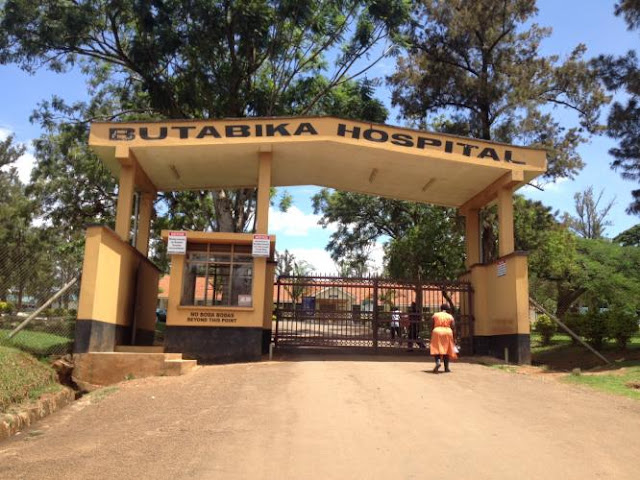Article 37 of the Constitution of Uganda states that you have the right to enjoy, practice, profess, maintain and promote any culture, cultural institution, language, tradition, creed or religion with other people or on your own.
If you are a PWD and you attend a church, mosque or other place of worship you should be able to attend there like any other person. Your place of worship should ensure that there is access for everyone. There should be ramps or lifts replacing steps or stairs, there should be sign language interpreters available, also information in braille for the blind.
Article 37 of the Constitution of Uganda is written like this:
 |
| Up to 95% of public buildings in Kampala Central Business District (CBD) do not meet accessibility standards, three years after the introduction of guidelines to make them accessible to PWDs. |
Article 37 of the Constitution of Uganda is written like this:
37. Right to culture and similar rights.
Every person has a right as applicable to belong to, enjoy, practise, profess, maintain and promote any culture, cultural institution, language, tradition, creed or religion in community with others.

























